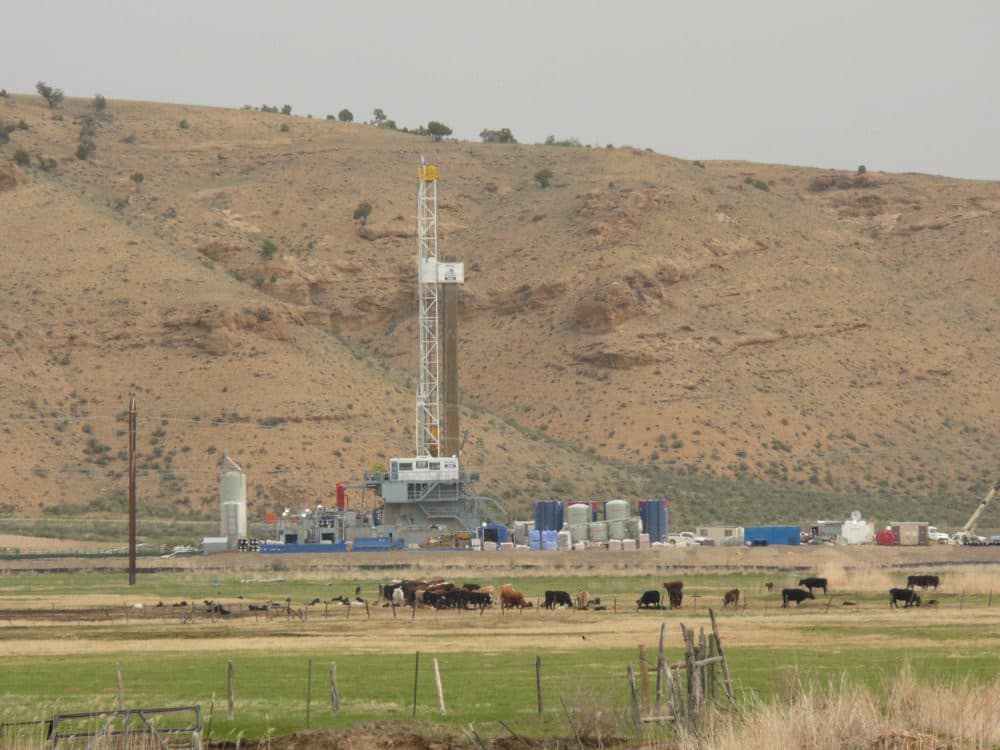Cheap natural gas and falling prices for renewables may keep President-elect Donald Trump from fulfilling his promise to restore coal as a source of power and jobs.

The collapse of the coal industry has been playing out for years. In Colorado, production of coal is half of what it was in 2004, resulting in "hundreds" of jobs losses, the Denver Post reported earlier this year.
Trump has promised to resurrect those jobs by rolling back environmental regulations and killing the Clean Power Plan and the Paris agreement, which could indeed keep coal plants in business despite their climate impact -- but coal's "biggest problem is that it is no longer the cheapest fossil fuel around," as the Wall Street Journal reported yesterday.
In Texas, coal could be largely replaced within 20 years, according to the Brattle Group.
Its main competitor is natural gas. Besides being currently cheaper than coal, natural gas burns 50 percent cleaner and is seen as a kind of "bridge" to solar, wind and other renewables. The U.S. has been producing so much of it that prices plummeted and drillers have been forced out of business.
Some of that natural gas would come from Colorado, where huge volumes of the stuff are still being discovered. The shift might keep drillers and their employees operating here despite their recent economic troubles. It also means that fracking is not leaving Colorado anytime soon.
It's going to be a hectic and confusing few years for environmentalists and energy makers alike. We're likely to see massive changes both for regulators (such as the Environmental Protection Agency) and in the economics of energy production.
The United Nations, meanwhile, expects that 2016 will be the hottest year on record. That means 16 of the 17 hottest years in the modern historical record have occurred this century.











